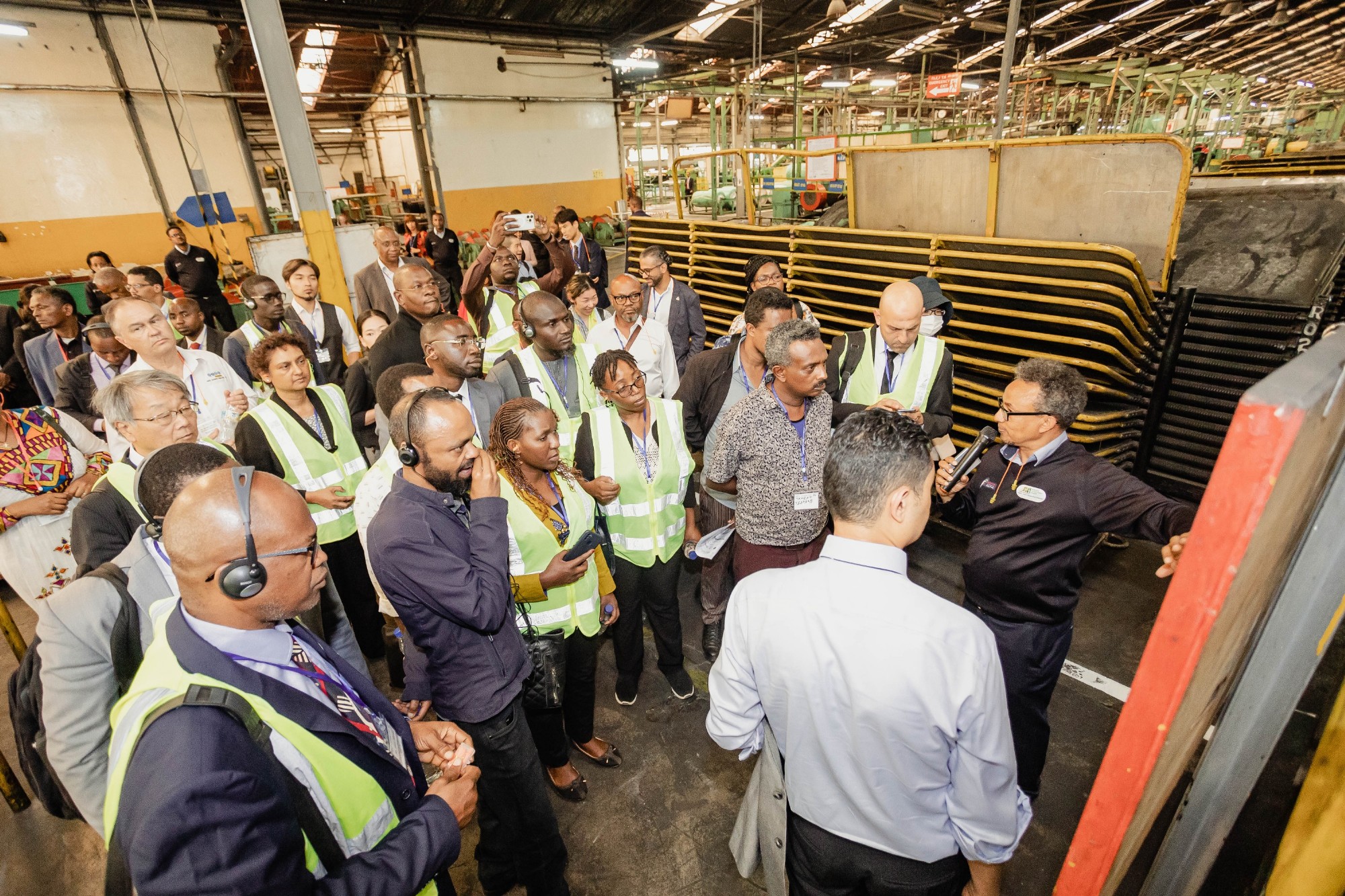Book Launch Seminar “Introducing Foreign Models for Development: A Perspective from Translative Adaptation and International Experiences of Knowledge Cooperation”
event |

Learning foreign knowledge and technologies is essential for economic development. Moreover, such learning needs to take place locally. Today, developing countries have ample opportunities to acquire advanced knowledge and technologies from abroad, through development cooperation, foreign direct investment (FDI), and other channels. Moreover, with the rise of emerging economies, developing countries have broader policy space and can gain knowledge from a variety of external partners—not limited to traditional donors. However, the speed of learning varies significantly among countries, resulting in a different performance in economic development. How can they learn effectively to design “homegrown” development strategies? The recently published Open Access book,
Introducing Foreign Models for Development: Japanese Experience and Cooperation in the Age of New Technology
, approaches this question from the perspective of Japan’s experience and its extensive development cooperation in Asia, Africa, and Latin America. This book is built on a Research Project on the Japanese Experience of Industrial Development and Development Cooperation: Analysis of Translative Adaptation Processes
by the JICA Ogata Sadako Research Institute for Peace and Development (JICA Ogata Research Institute).
The key concept is translative adaptation. It refers to selectively learning foreign models and modifying them to create a “homegrown” model. The development process must be wholly owned by the host society in a rejection of copy-and-paste acceptance. It is also important for development partners to be mindful and supportive of the translative adaptation process by developing countries.
In this seminar, the editors will provide an overview of the book, followed by comments from international experts on knowledge cooperation. We would like to present a new perspective and practical approach to learning and knowledge co-creation in economic development and discuss how this learning method should, or should not, be revised in the age of Sustainable Development Goals (SDGs) and digitalization. The seminar will also serve as a valuable opportunity to share international experiences of knowledge cooperation and reflect on the development strategies of the 21st century.
1. Opening Remarks
2. Book Overview
3. Expert Comments: International Experiences on Knowledge Cooperation (including Video Message)
4. Discussion and Q&A
<Opening Remarks>
Akio Hosono
, Senior Research Advisor, JICA Ogata Research Institute
<Presenters>
Izumi Ohno
, Professor Emeritus, National Graduate Institute for Policy Studies (GRIPS) and Senior Research Advisor, JICA Ogata Research Institute
Kimiaki Jin, Chief Advisor, Quality and Productivity Improvement (Kaizen) Project in South Africa, JICA
<Moderator>
Junichi Mori, former Chief Technical Advisor for the Skills for Prosperity Programme in Malaysia, International Labour Organization (ILO)
<Discussants>
Joonghae Suh, Senior Fellow Emeritus, Korea Development Institute (KDI)
Stephan Klingebiel, Head of Inter and Transnational Cooperation Research Program at the German Institute of Development and Sustainability (IDOS), Visiting Professor at the University of Turin and Ewha Womans University, Seoul
Toru Homma, Senior Advisor to the CEO, AUDA-NEPAD (Senior Advisor on Private Sector Development, JICA)
Other authors of the book (TBD)
<Video Message>
Getahun T. Mekonen, Certified Kaizen Principal Consultant, Ethiopia
JICA Ogata Sadako Research Institute for Peace and Development (Ms. Yoonjung Kim)
E-mail:dritrp@jica.go.jp
Please register by clicking here
.
*Registration will be closed at noon April 19 (Japan time).
scroll